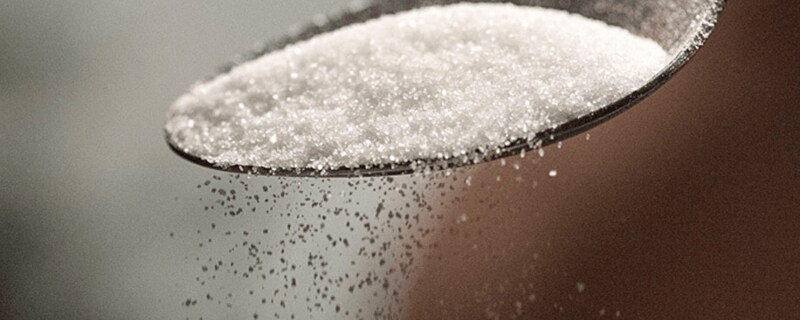Are Artificial Sweeteners Safe?
Artificial sweeteners, which are used as a substitute for common sugar (sucrose), can be added to your coffee, baked goods or anything else you want to sweeten. Processed by chemical synthesis or derived through plant extracts, artificial sweeteners can be 10-300x sweeter than sugar. With that said, it only takes a small amount to provide a noticeably sweeter taste.
Artificial sweeteners don’t have calories so they’re healthy for you, right?
Since artificial sweeteners are calorie-free, they can be an attractive alternative to sugar. The human body digests artificial sweeteners and sugar similarly, but where they differ is how the brain responds. Since artificial sweeteners don’t have any calories, the body never feels satisfied, leading to over-eating. Additionally, if we fool ourselves into thinking that drinking diet pop means it’s okay to splurge on extra dessert, it’s easy to over-indulge in higher calorie foods instead of nutrient-dense fruits and vegetables.
Are artificial sweeteners even safe?
The Food and Drug Administration (FDA) has approved five artificial sweeteners: saccharin (Sweet ‘N Low), acesulfame (Sunett), aspartame (NutraSweet or Equal), neotame and sucralose (Splenda). Studies have shown that these artificial sweeteners are generally safe when consumed in limited quantities. The FDA has established an acceptable daily intake (ADI), or the maximum amount considered safe to consume each day, for each. To get a better understanding of what’s in your sweetener, start with the ingredients label.
Where do artificial sweeteners hide?
Artificial sweeteners and other sugar substitutes are found in a variety of food and beverages labeled "sugar-free" or "diet." Some commonly known products that contain artificial sweeteners include soft drinks, baked goods, candy, pudding, canned foods, jams/jellies and dairy products, but did you know they’re also in things like bread, tomato sauce and salad dressing? Rule of thumb, if it comes in a box, bag or jar, you’ll want to read the ingredients list before assuming it’s free of added or artificial sweeteners.
If you’re avoiding artificial sweeteners altogether, enjoy more whole foods and opt to cook meals from scratch. Add some natural sweeteners with a touch of honey, agave nectar or maple syrup. Most importantly, try to reduce your added sugar intake overall.
Explore more healthy living advice from our team of experts.
Disclaimer: This information is educational only and not providing healthcare recommendations. Please see a healthcare provider.

